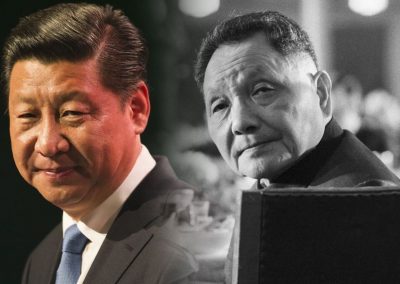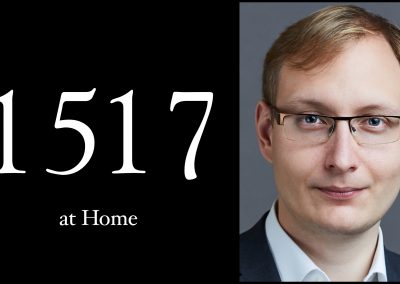
Why I’m Writing A Book
For over a decade, I have dedicated myself to the deep study of society. As my readers know, the conceptual core of my study is what I call great founder theory, a theory of society and history in which I propose that a small number of functional institutions, founded by exceptional individuals, form the bedrock of society. I devised this theory after years of original research into institutional functionality across the ages and have previously systematized it in a draft manuscript available on my website. I now feel that it’s time to take the next step.
I am very pleased to announce that I am writing a book on great founder theory. The book will contain all of the core theory that you may be familiar with from my existing writing, but it will use this theory to support a wide-ranging and thorough analysis of the history of civilization leading up to our present day society, packaged for a broad and educated general audience. From ancient China to Silicon Valley and everything in between, I will trace the development and decline of societies as I see it unfold.
But why even write a book? It’s 2020. Does anyone read them? You should rethink a medium when you set out to create something with it. Books deserve no less consideration than YouTube. When Nate Silver has a color arranged bookshelf, you know the role of books has changed. Color-coded bookshelves are books as decoration. They are books as a signal of intellectual authority and a commitment to the bureaucratic values of the upper-middle class. Have books become fake?
The old role of books as stores of information, items you consult and view primarily through their ideas and not their covers, lives on. Nassim Taleb’s bookshelf is not color coded after all. The books worth reading for how they change your thinking—the kinds of books Mortimer Adler would recommend reading three times to truly grasp, where each sentence carries information and each sentence is intended by the author to be understood—will do just fine. It is just the case that the list of such books numbers in the hundreds rather than hundreds of thousands.
So what has changed about books? Books as something for your spare time, as entertainment, are continuing their long retreat, starting with radio and only accelerating with television and concluding with social media. In absolute terms there will still be books read by everyone, or at least everyone that matters. Articles, and even blog posts and online video, however, now wield a greater relative influence on discourse. Should we just all blog? Or even just tweet?
Discourse of course isn’t everything. You might use a book as one of several tools to create a living intellectual tradition that remains niche but greatly influences the course of history. However, discourse is the only form of intellectual production that fits the contours of industrial society. It can be marketed and scaled, after all.
There remains a strong role for popular intellectual books that focus on the largest scale. You can’t deliver a whole new worldview in one tweet, article, or lecture. Yet such worldviews affect popular writing on everything from social issues to foreign policy. Yuval Harari’s 2015 Sapiens became a bestseller communicating part of the late 20th century academic consensus on human history. Two decades earlier, Jared Diamond’s 1997 Guns, Germs and Steel did even more, delivering new models of human history beyond such consensus.
Much of my readership will surely share my relative disappointment with the state of the epistemic commons today. Thorough works of sweeping social analysis such as those of Thucydides, Machiavelli, and Weber—transforming the highest levels of our sociological knowledge and also being read far and wide—appear to be things of the past. It is more common nowadays to find very narrow academic tracts, or pop analysis that seems hesitant to make new fundamental claims about the world. The need for bold, expansive theory never went away. In fact, it is stronger today than at any point in recent memory. And as I showed with earlier examples there is demand for such a product; the constraint is supply.
I hope to provide it. To this end, the latter part of my book delves into a new theory of civilization, where I apply my analysis to the macro-level view of civilizational development and decline, as well as provide a roadmap for civilizational renewal. Such a focus is sorely needed, as our pervasive pessimism about the future threatens to eventually become not only personal or national, but civilization-wide.
In addition, I have released updated and reworked drafts of all of my core theoretical essays on SamoBurja.com, culminating in an updated and reworked draft of the great founder theory manuscript, which you will be able to find at this link. Since this new draft will also function as the theoretical core of the upcoming book, I gladly welcome any and all feedback regarding the document. As my test audience, you can all be greatly helpful to me as I continue with the writing process. Please feel free to connect with me after reading!
Lastly, if you have experience in book publishing, or feel that you can provide useful connections in the publishing industry, please do not hesitate to reach out. Any expertise in the domain would be much appreciated, as publishers are often the key to reaching the broader reading public.
That’s all for now, but make sure to stay tuned for future updates on the book project. Throughout the process, I will be posting writing updates to my newsletter, my Twitter account, and my personal website. Until then, sit tight—and keep in touch!





